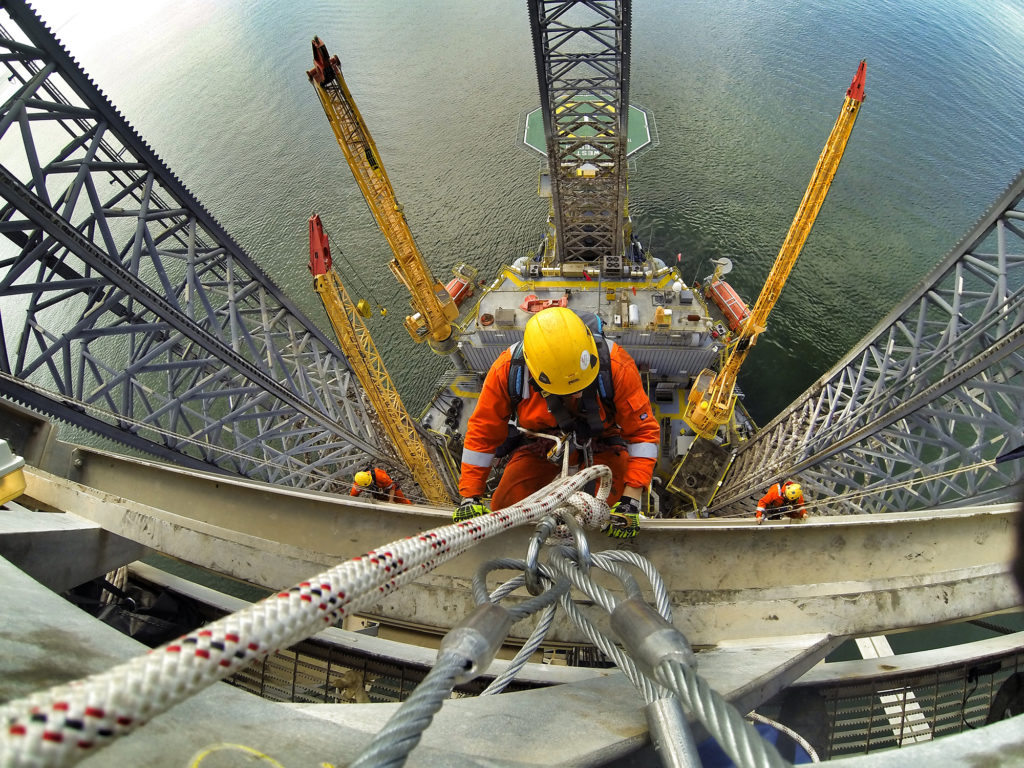It is not the case that everyone follows the same way to start a career. For those looking for a more challenging and rewarding path, rope access training opens doors to opportunities. A rope access course teaches practical techniques that are beyond the scope of everyday roles. These abilities are employed in industries where access to difficult-to-access areas is essential. A lot of people opt for rope access courses to gain entry into exciting fields like examination, maintenance, or construction. From bridges to tall buildings there is a demand for certified professionals is always increasing. The industrial rope access training prepares people to face real-world situations. With rope access certification, the path to a specialised, hands-on career really begins. It’s a field built on safety, skill and trust. Rope access isn’t just about physical strength, but it’s about recognized qualifications as well. IRATA training is the most highly regarded standard to be used by rope access workers. Completing IRATA Level 1 certification provides the foundation needed for entry-level work. The IRATA niveau one rope entry course was geared towards those starting out. If you are seeking for more information on irata rope access level 3, just go to the previously mentioned site.
It covers the most important aspects needed for safe operation on ropes. After completion, learners earn their IRATA certification, which proves that they are in line with industry standards. Most begin with an IRATA stage 1 course, then advance from there. As they gain experience, they can climb the ranks and be able to take on more challenging tasks. Progression through rope access is clearly outlined. As experienced professionals gain experience, they may advance to IRATA level 3. This is the highest level of qualification on the rope access field. The IRATA Level 3 training prepares individuals to lead teams, and also manage workplace safety. An IRATA rope technicians with access levels 3 is able to supervise the operations and respond to emergencies. This IRATA level 3 CSCS card further validates their expertise in construction and safety. The Rope Access Level 3 isn’t just a job–it’s a leadership job. It requires a lot of knowledge, accountability as well as a strong commitment to safety practices in a variety of environments. There’s a rising demand for rope access technicians in many sectors.
With IRATA qualification and rope access certification, experts can find work in telecoms, energy, offshore rigs, and other areas. A rope access certification is a versatile capability that is suitable for a variety of environments. In the industrial sector, rope access training makes sure that workers are able to handle difficult tasks with safety at height. Employers value those who have completed an IRATA one-level rope access course, as it shows their competence and readiness. If they have more training and experience, employees can ascend to higher levels. The path from entry-level to expert is clearly defined providing both challenge and stability over the long term in a special profession. Rope access offers a truly different path to career. It’s the perfect option for people who seek more than work at a desk. From the beginning of the rope access course to attaining IRATA level 3, each step increases the level of skill and confidence. Rope access courses can open up opportunities for those in industries that traditional access methods aren’t feasible. The achievement of IRATA certification means you’ve achieved high standards in international trade. When you begin at IRATA level 1 training or working towards an IRATA Level 3.0 CSCS cards, each process is rewarding. Thanks to rope access courses and a clear qualification course, individuals can enjoy intense, meaningful and exciting career that will have an exciting future.

